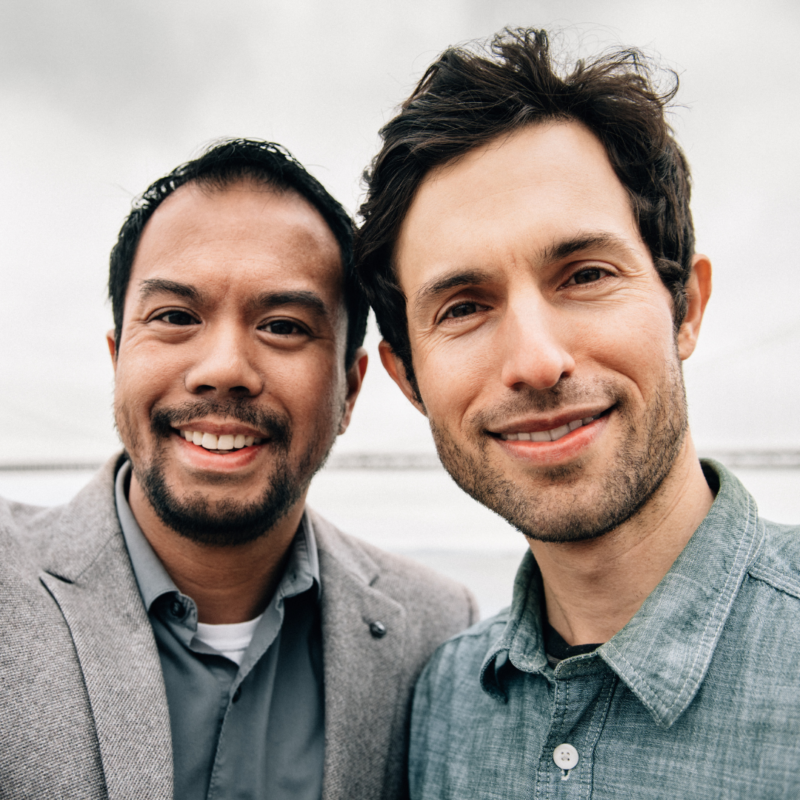We aren’t on the same page
It’s very common for one partner to be at a different stage to the other. Often, one partner knows what they want while the other is unsure. Sometimes they can have reached completely opposite conclusions and don’t know how to resolve that.
One of you may be sure you want to be a dad and perhaps one of you isn’t sure, or not yet. Or maybe you don’t agree on how to move forward, what kind of donor to use, what kind of surrogacy arrangement you prefer. It might even be that one of you is more interested in adoption rather than donor conception and surrogacy.
It can take time and effort (and patience) to share those feelings and ‘catch up’ with each other. The challenge is to find a way to respect each other’s way of dealing with the situation and get to a point where you can make a joint decision with confidence.



